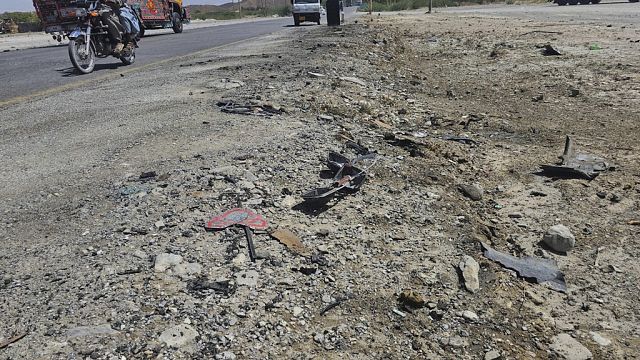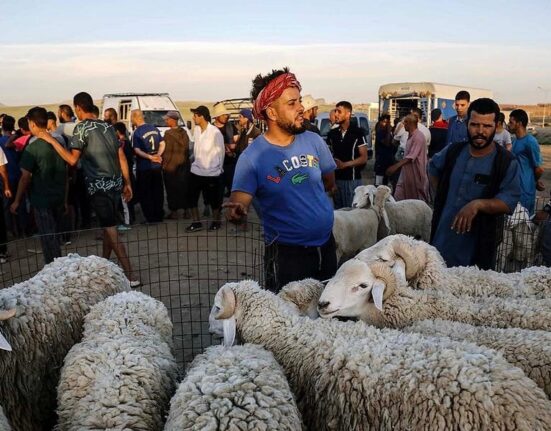At least six individuals, including four children, tragically lost their lives in a suicide car bombing that targeted a school bus in southwestern Pakistan. The incident, which occurred on the outskirts of Khudzar as the bus was en route to a military-run school, resulted in 38 others sustaining injuries. The attack took place in the restive Balochistan province, known for its longstanding insurgency and frequent separatist group activities, such as the outlawed Balochistan Liberation Army.
The aftermath of the bombing saw swift response from troops who cordoned off the area, while ambulances rushed the victims to nearby hospitals. Local media coverage captured the devastation caused by the explosion, underscoring the brutal impact on innocent lives. Although no group has claimed responsibility for the attack, suspicions point towards ethnic Baloch separatists, who have a history of targeting civilians and security forces in the region.
In the wake of this tragedy, Pakistan’s Interior Minister Mohsin Naqvi condemned the perpetrators as “beasts,” emphasizing the barbarity of their actions, particularly in targeting children. Blame was swiftly directed towards India by both government officials and the military, alleging that the bombing was orchestrated by Indian proxies in Balochistan. However, amidst these accusations, India has not yet responded to the claims.
This attack comes at a critical juncture, following a recent ceasefire agreement between Pakistan and India, marking a shift from heightened tensions in the region. As investigations unfold and the search for justice commences, the repercussions of this incident reverberate beyond the borders of Balochistan, shedding light on the complexities of regional conflicts in South Asia.
Source: Africa News









Leave feedback about this